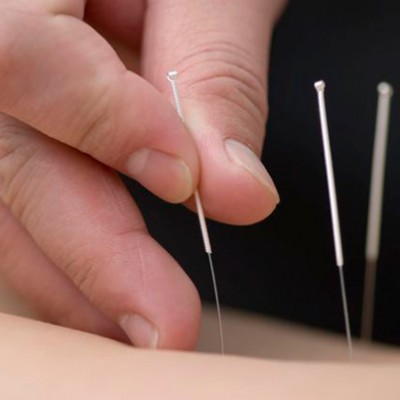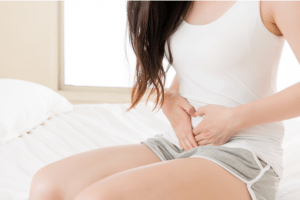
By Amy O’Brien, FGHG Acupuncturist and Chinese Herbal Medicine practitioner
Working at Fertile Ground as an Acupuncturist there is a lot of opportunity to understand how women are feeling on the day of their embryo transfer. We treat with acupuncture once or twice on the day of transfer, and there is a real wisdom in the instant feedback of what women share about their experience of this day.
The things they are glad that they put in place, and the things they wish they had done differently. The emotions and physical terrain they’re navigating, and what’s helping their head, their heart and their body. The ways they feel isolated, or vulnerable or scared or hopeful. Things they might believe are true only for them, but which largely apply to majority of women in a similar circumstance.
IVF is such a big process. Often overwhelming, and often a case of taking things one day at a time. And yet, when it comes to embryo transfer, it can be really quite useful to plan ahead a little too.
For example, almost every woman who tries to work on the day of their embryo transfer, and around their acupuncture appointments, inevitably says ‘Gosh, I really should have just taken the day off. It would have made things easier.’ So for a woman approaching her first transfer, this is really useful to know!
And for women who have experienced an embryo transfer before, and is preparing for another, this can be a great opportunity to up level self care and self compassion on this day.
We don’t know what we don’t know, so let me offer up some insight from the collective experience of embryo transfer day.
Here’s a list of things that you might just find useful to implement on the day of your embryo transfer. It’s packed with insight I have gained since the day I first offered Acupuncture on the day of transfer at Fertile Ground, eleven years ago.
These are all relatively easy to implement. Relevant for all kinds of cycles. And focus on navigating a day that is not only stacked to improve outcomes, but to care for the beautiful human you are, too.
All the best for your cycle, and we look forward to supporting you along the way.
LINK:
https://www.thewrittenelixir.com/post/embryo-transfer-day
Amy O’Brien, FGHG Acupuncturist and Chinese Herbal Medicine practitioner, and creator of The Written Elixir
Amy facilitates a space where people feel confident to explore their health challenges. She recognises how anxiety, insomnia, digestive and sleep disorders can hop along for the ride when lovely women are grappling with issues surrounding their cycles, fertility and pregnancy. Amy is comfortable treating all aspects of women’s health including period problems, cycle irregularities, preconception, fertility and pregnancy care.





